
Metals Processing
Our equipment supports core processes such as coking and sintering, furnaces, palletization and steelmaking as well as utilities, playing an integral role in most metal processing plants including flue gas treatment, wastewater treatment, process cooling, waste heat recovery systems and more.
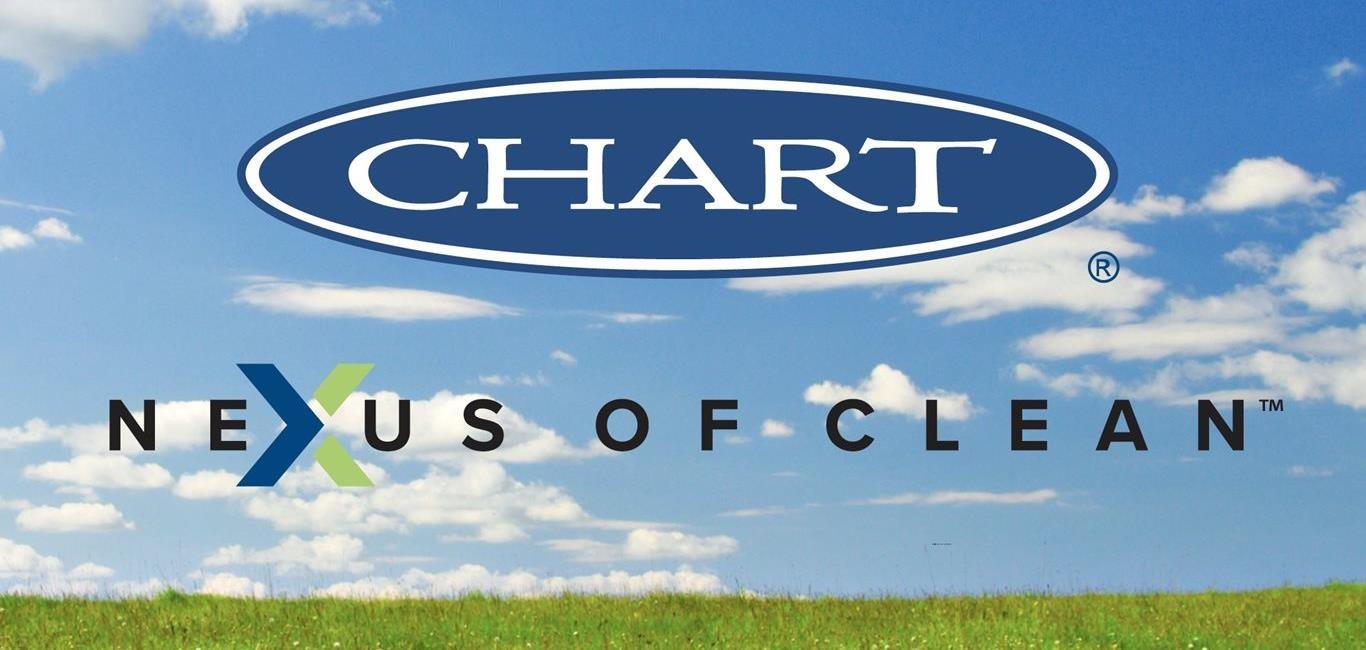
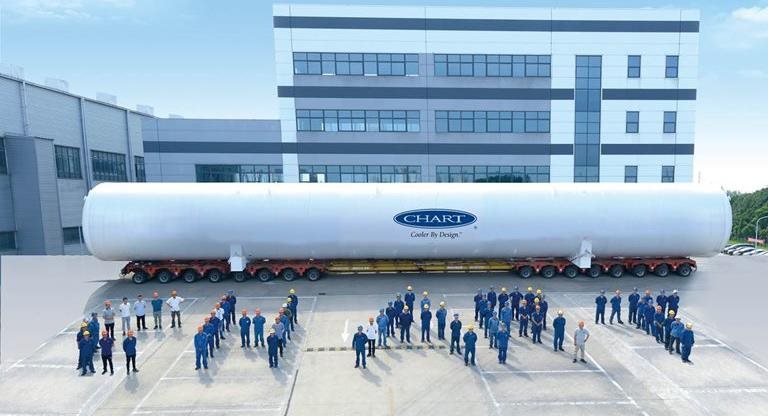
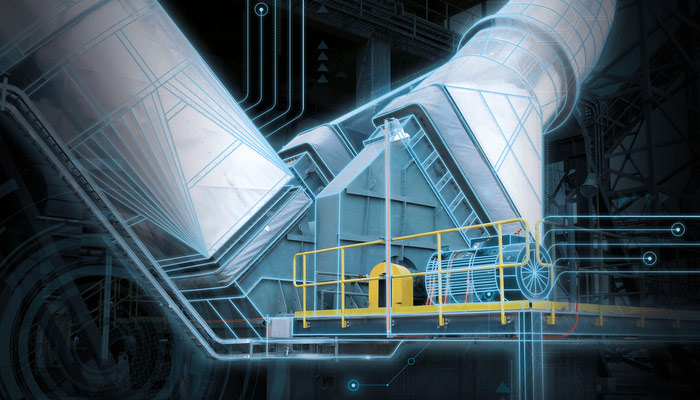
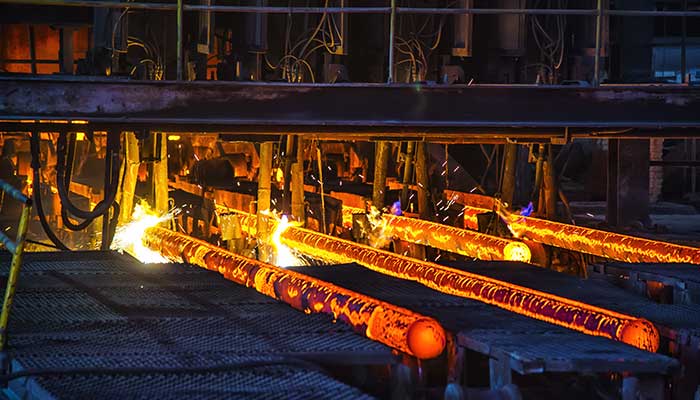
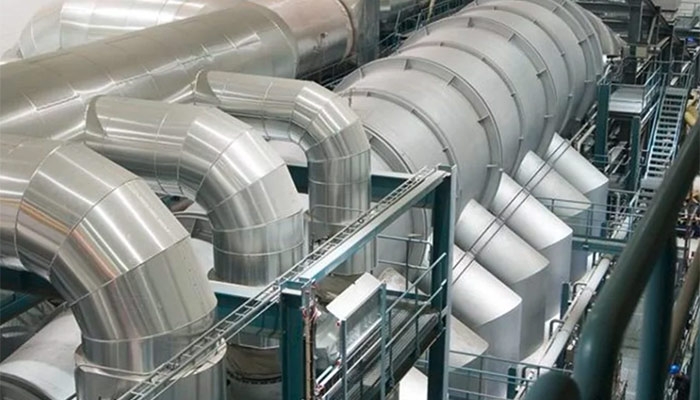
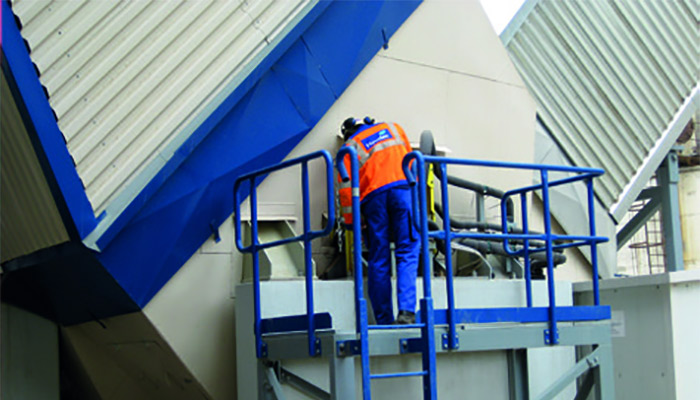
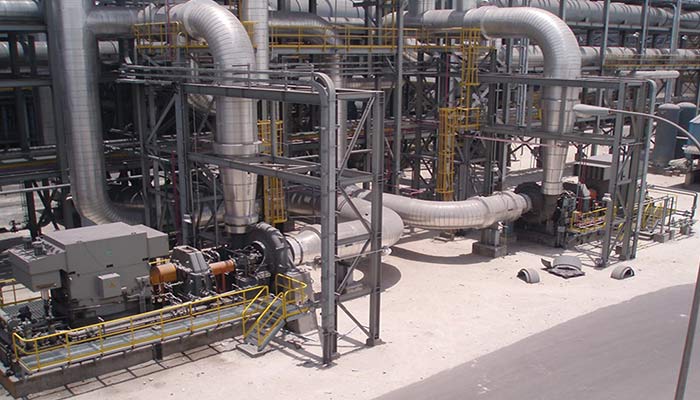
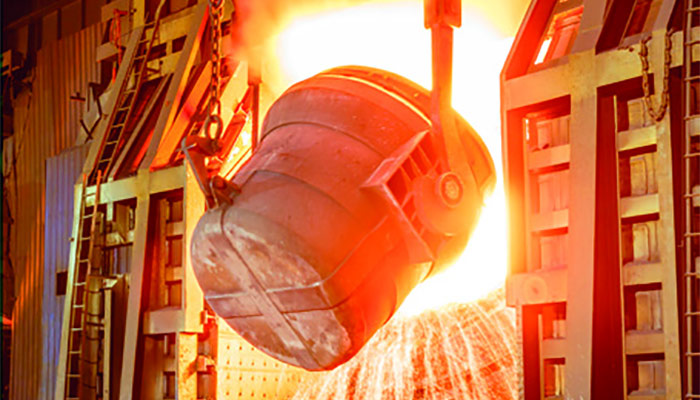
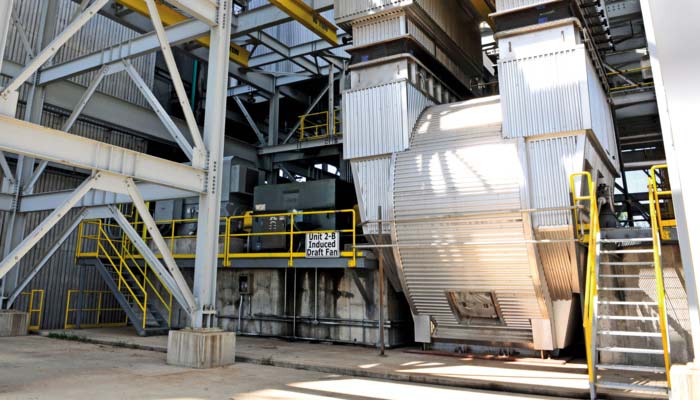
 Request A Quote
Request A Quote
 Email An Inquiry
Email An Inquiry
 Find Our Locations
Find Our Locations
 Join Our Team
Join Our Team